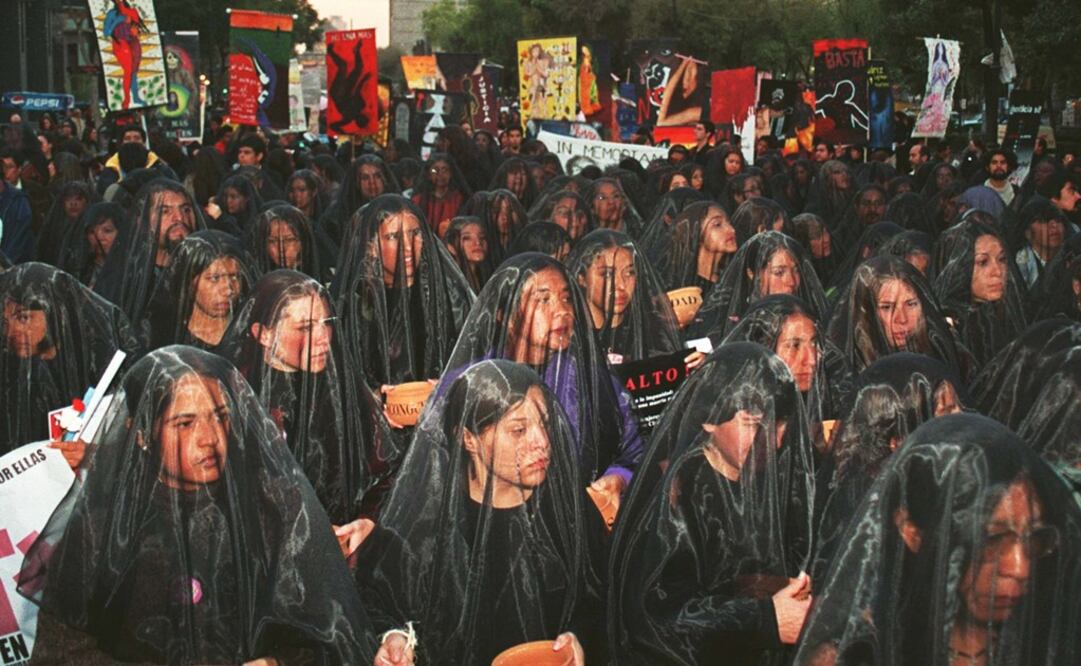Más Información

Caso Cecilia Monzón: Sentencian a 60 años de prisión a Javier López, por feminicidio de la activista; fue secretario de Gobierno en Puebla

Secretaría Anticorrupción detecta posible hackeo a bases de datos de instituciones públicas; abre investigaciones

FGR mantiene peritajes por descarrilamiento del Tren Interoceánico; recaba evidencia fotográfica y extrae caja negra

Tras descarrilamiento del Tren Interoceánico, autobuses dan servicio a turistas que ya tenían boleto

Rifas ilegales, posible causa del ataque a empresario del Mercado de Abastos en Zapopan: Secretario de Gobierno de Jalisco
The fact that the majority of complaints filed at the C ouncil to Prevent and Eradicate Discrimination ( Conapred ) are filed by women is a worrying situation. In 2019, by every complaint file a man, two others were filed by women; in total, women reported 229 complaints, while men reported 115.
Among all the cases investigated by the Conapred , the most common discrimination act is firing women for being pregnant ; a fifth of the complaints was reported by pregnant women , followed by health and disability . Moreover, the fourth cause of discrimination is gender , as 8.8% filed reports after being rejected just for their gender, in a time when politicians, businesses, NGOs, and the feminist movement are fighting for equality . According to Conapred, discrimination against women increased by 0.59% in 2019.
Recommended: Discrimination at the workplace
Other factors behind discrimination include gender identity , sexual orientation , legal condition, physical appearance, and age. Nevertheless, it is interesting that there were no complaints of discrimination for economic conditions , ethnic origin, and political or religious ideology , perhaps because those who suffered discrimination decided not to report it to authorities.
Although the Conapred can not sanction people, it can lead a conciliation process, issue recommendations, and create a negative report of those people, companies, institutions, and NGOs that discriminate, which could have economic and l egal consequences .
Many of the discrimination acts take place at work , which is handled by local Conciliation and Arbitration committees, that have faculties to issue sanctions; however, it is necessary to strengthen the measures against discrimination , as well as the sanctions against those who promote discrimination.
Recommended: Afro-descendants: between invisibility and discrimination
gm
Noticias según tus intereses
[Publicidad]
[Publicidad]









